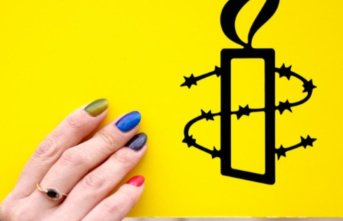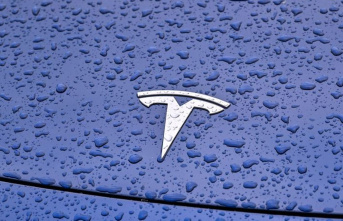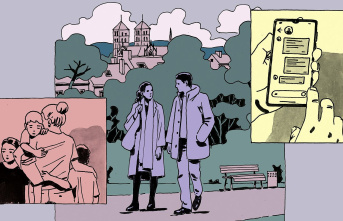The holidays at the end of the year are nice, cozy and tasty, but mostly not very healthy. At Christmas and New Year's Eve people eat a lot – often too much – and often drink a glass or two of various alcoholic beverages. So it's no wonder that "eating healthier" and "drinking less" are among the most popular New Year's resolutions.
The "Dry January" challenge is ideal as long as motivation is still high at the beginning of the year. Many people try to avoid alcohol in the first month of the year and do something good for their body. For all those who are still considering whether to join, researchers have a clear message: It's worth it! "Put simply, Dry January can change lives," claims Richard Piper, head of the Alcohol Change UK initiative that started the challenge.
The "Washington Post" has compiled some scientific studies that show the positive effects of abstaining from alcohol - even if it initially only lasts for a month. A 2018 study showed that alcohol users who stayed abstinent for a month saw significant health improvements compared to people who continued drinking. They had a healthier metabolism, lost weight, and reduced risk of diabetes and cancer. And that's without making any changes to their eating habits or physical activity.
The even better news: There are also longer-term positive effects. The researchers continued to follow the "Dry January" participants and found that they also consumed significantly less alcohol over the course of the year than before. If they originally drank alcohol on average four days a month, six months after the challenge it was still one day less. They were also less likely to consume too much alcohol at once. The participants also reported that they could sleep better and concentrate better, felt more energetic, had lost weight - and that their financial circumstances had even improved.
The English psychologist Richard de Visser, who conducted these studies, therefore swears by the "Dry January" concept. Some of the benefits of the challenge: A month without alcohol sounds like a realistic goal. Still, there is enough time to break bad habits and form new ones. The positive effects become apparent quickly and motivate the participants.
In general, self-motivation plays a major role, says de Visser: It is not the state that explains to citizens with a raised index finger how bad alcohol is. "People do it on their own and then say, 'I didn't know how good I would feel.' To better master the challenge, experts recommend tackling Dry January with a friend, finding a new favorite (non-alcoholic) drink, or simply keeping in mind how much money you can save by not drinking alcohol.
And when January is over? A "Dry January" doesn't mean never to touch a drop of alcohol again. Richard Piper clarifies: "We are not against alcohol, we are for change." The goal of "Dry January" is therefore not long-term abstinence, but "long-term control": "We are for a future in which drinking alcohol is a conscious decision and not the norm."
Quellen: "Washington Post" / University of Sussex / Alcohol Change UK
Watch the video: Cocktails can become very unhealthy in the long run. We have a piña colada version that you can safely drink every day - without sugar and without alcohol.












